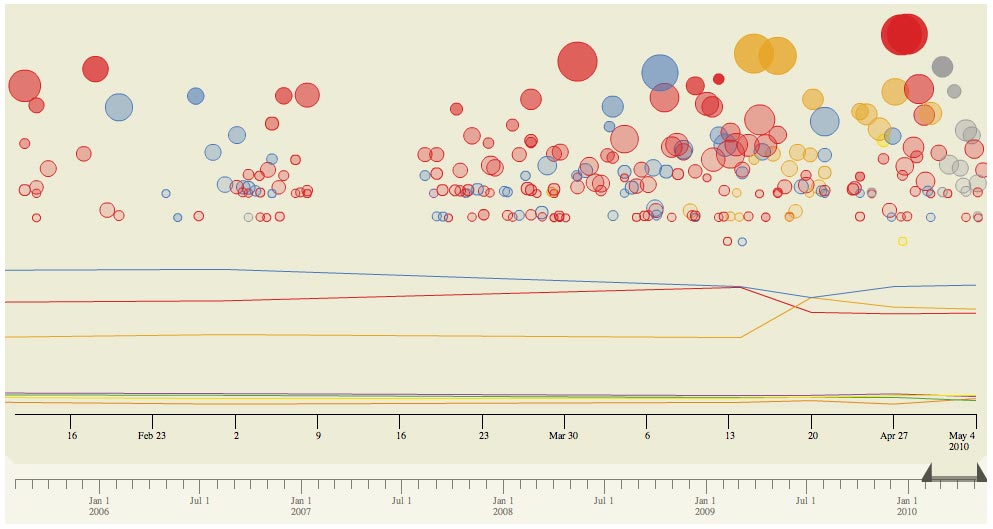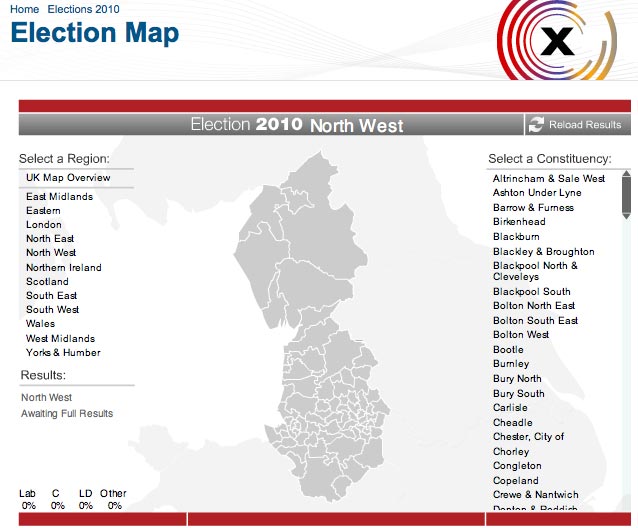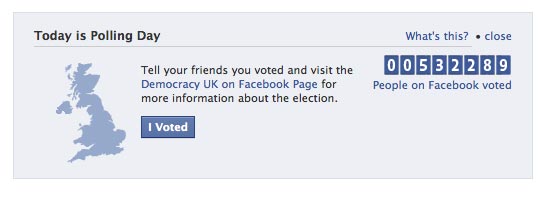Henry Kissinger once remarked: “University politics are vicious precisely because the stakes are so small.” It is a quote regularly bandied about in the midst of student union elections, which can be bitter. Dirty politics rears its ugly head in university and college election campaigns as often as it does in mainstream politics.
We in the student media are part of the same game. The hunger for news stories which will excite our readers means that controversy created by fall-outs between candidates is often a gift. The concentration on personality involved in a student election is just the same as we have seen during this general election. We are just as likely to publicise the vicious side of a campaign in order to extract exciting stories from a game with stakes as low as Kissinger believed them to be. But is the role of a student journalist the same as those covering and commenting on parliamentary and council elections, or do student publications have different responsibilities? Similarly, is the level of responsibility that comes with unregulated student media something that should be given to student journalists?
Most university campuses in Britain are served by no more than two student newspapers, meaning that we are faced with a lack of plurality. There is very seldom the equivalent of the range of political sympathy we have across the national press. If a student paper decides to show bias towards a candidate in a student election, the effect on the electorate can be significant. Taking sides in this respect can stifle discussion and debate, giving one candidate an unfair advantage.
Student media should be careful to ensure that bias does not suppress fair coverage and debate in these elections. Student politicians standing for office deserve to have their policies scrutinised and should be open to criticism and comment from the press. It is undesirable for the student press to run campaigns similar to those we see in the tabloids, backing one party and smearing others. The media plays an important role in questioning all elected representatives and holding them to account – a key part of the democratic process.
The emphasis should be on balance. It is important for democracy that student voters are given the opportunity to read news about candidates and are given the opportunity to question them. Journalists should be allowed to scrutinise and where appropriate query policy. However, personal attacks are a hindrance to fair elections, they damage the reputation of student journalism and undermine its function.
A number of student newspapers are constitutionally bound to provide fair and accurate coverage by the students’ unions that fund them. Where these unions do have control over the paper constitutionally, they can refuse to allow the papers to be distributed on their premises.
In a recent case at Edinburgh Napier university, copies of Napier Students’ Association funded Veritas were removed from campus because they were deemed to give one candidate in the elections there an unfair advantage over another. This came only days after Edinburgh-wide student newspaper the Journal was almost removed from university buildings because of an article reporting on a motion of no-confidence in the NSA President, who was standing for re-election at the time. The decision was taken by the Association’s election committee, apparently to ensure that no bias towards one candidate was communicated to the electorate. This was an example of ‘impartiality’ becoming an obstacle – the offending article in this case did not take sides and was a standard news report. Students’ right to know the news and issues surrounding the election of their representatives was curtailed.
Student politics often suffers from a lack of engagement. During my involvement in student media, I have seen editors strive to provide the most engaging coverage of student elections, often with little response. However, student media coverage of the political process at universities is one of the ways in which the electorate are given an opportunity to connect with the system beyond the often-cliquey doors of students’ union buildings. Where reporting is responsible and legal, it should not be subject to filtering from bureaucrats who think it may be damaging.
If the students’ unions themselves are to mediate in these cases, it is essential that criticism and questioning of candidates and representatives is allowed. Most adhere to this and would only intervene in the event of a serious breach, but the existence of an independent arbitrator would also be of benefit for disputes between newspapers and unions.
The Press Complaints Commission or the National Union of Students could issue guidelines on reporting and deal with complaints before drastic measures like removing copies of a publication are taken. This would create a set of rules to be followed and give both sides a port of call when things go wrong. Student journalism would have an increased sense of responsibility and reporting would better serve the electorate, helping to curb the kind of vicious campaigning to which Kissinger refers.
Nick Eardley is deputy editor of Edinburgh University student newspaper the Journal.


